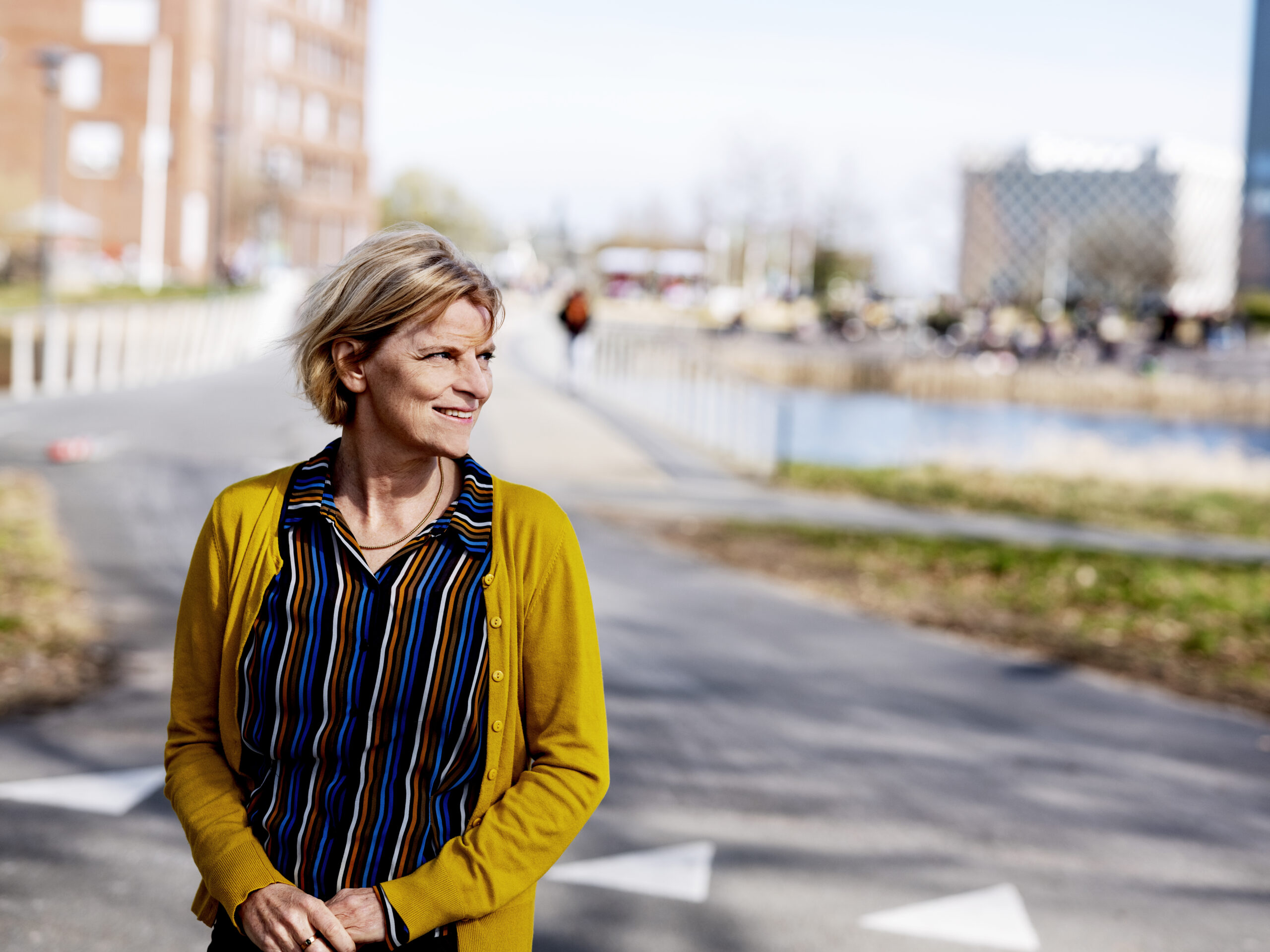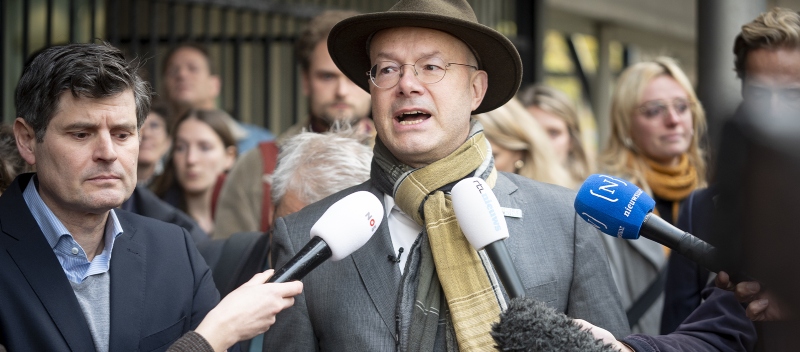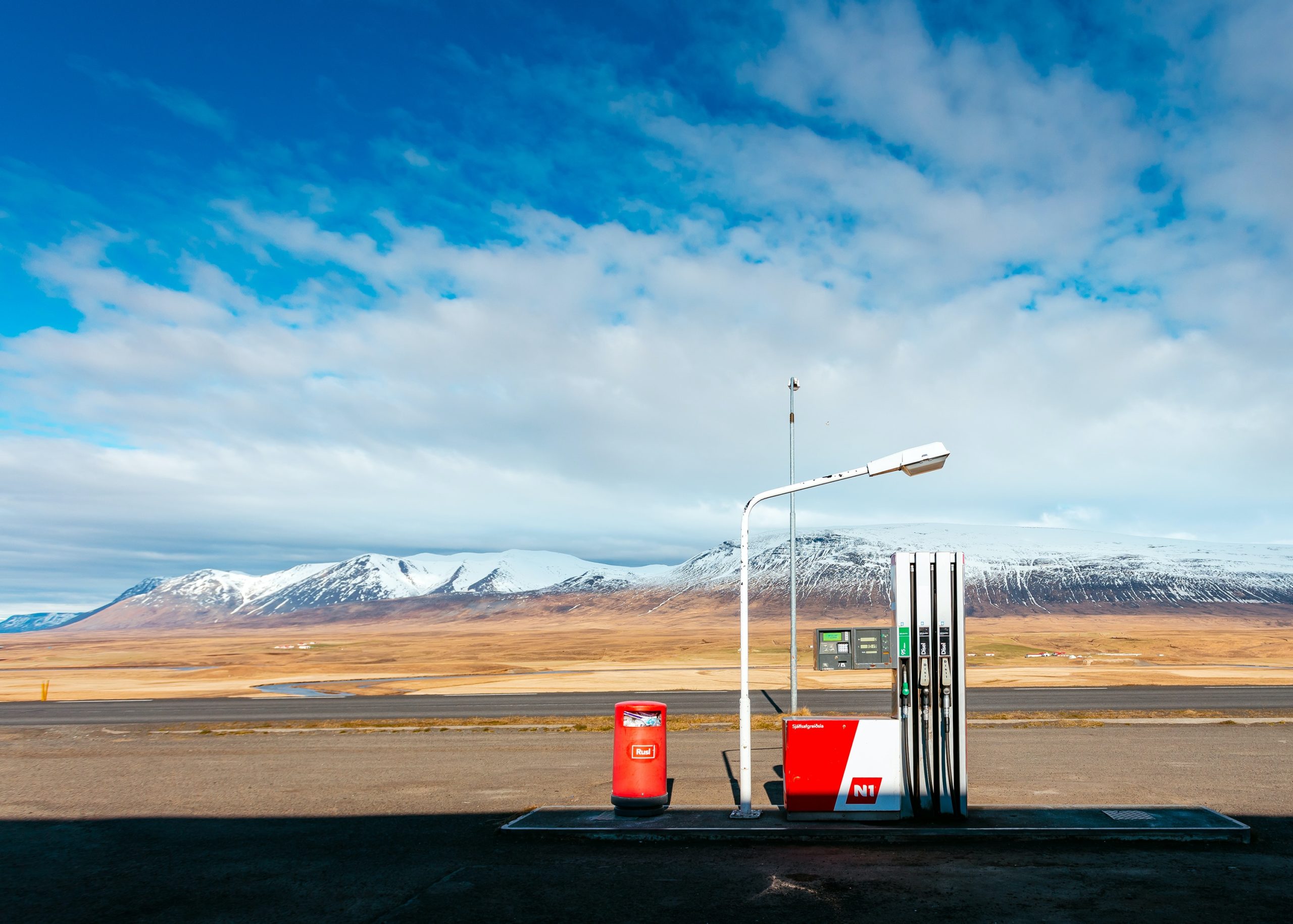Erasmus University Rotterdam (EUR) released a statement this week saying it recognizes the climate and ecological emergency. WUR is not following suit. Board President Sjoukje Heimovaara explains why not.
Climate activists occupied part of Rotterdam’s Erasmus University late last year, demanding that the university break all ties with the fossil industry. This week, EUR released a statement recognizing the climate and ecological emergency. Radboud University had previously made a green move by declaring sustainability a standard component of every degree programme. This begs the question: what about WUR?
Heimovaara thinks it’s ‘really lovely’ that universities are speaking out about sustainability. But she doesn’t believe in declaring a state of emergency. ‘I don’t think that’s a good strategy. If you look at the definition of a state of emergency, it is a legislative tool for passing laws and you can misuse it to push other important issues under the carpet. For example, when war broke out in Ukraine, sustainability initiatives were put on hold because there was talk of a food security crisis.’
Fossil industry
Activists in Rotterdam protested in the Erasmus Building again last Tuesday, demanding that all ties with the fossil industry be severed. WUR collaborates with Shell and other fossil-based companies. Heimovaara: ‘Any partnership we enter into is preceded by a screening process. What we assess every time is whether the cooperation contributes to our strategic goals, such as stopping climate change, helping secure a fair and healthy food supply, and protecting nature and the planet. We also do a security check: is there any reason to expect that the cooperation will pose security risks or endanger the safety of our employees? We are facing major transformations in areas such as the food supply and the climate, which are multifaceted. So we should mobilize everyone we can to move in the right direction.’
Making a good impression in the short term won’t solve the big problem of climate change
Sjoukje Heimovaara, President of the Executive Board
As for cooperation with the fossil industry, Heimovaara says it represents ‘substantially less than 0.1 per cent of our revenue.’ Surely you might as well break off that cooperation, then? Heimovaara: ‘I see the dark side of the fossil industry too. But we are now working with Shell, for example, on projects for developing biobased substitutes for fossil materials. That is relevant research. I don’t want to end that collaboration. Doing so might make a good impression in the short term, but it won’t do anything to solve the big problem of climate change in the long term. At WUR, we seek the nuances and don’t take short cuts for the sake of a green image. And I’m proud of that.’
Harder
The question remains whether there isn’t a real need for an international institution like WUR to speak out more firmly, as EUR is doing, and to be more vocal about how green it is, as a message to the outside world. ‘Of course, we could also go for a fully vegetarian campus, for example, and it is fine for others to do so. But research done here shows that the most sustainable food system is based on a diet that includes animal proteins. I want WUR to go in the right direction to the max. I am convinced that if I were now to say that we will only work with companies that are above reproach, we would actually make slower progress. In short, sustainability is in our DNA, but that’s including every aspect of it and all the related dilemmas. We mustn’t be simplistic about it. That’s my version of activism.’

 Photo: Duncan de Fey
Photo: Duncan de Fey 

